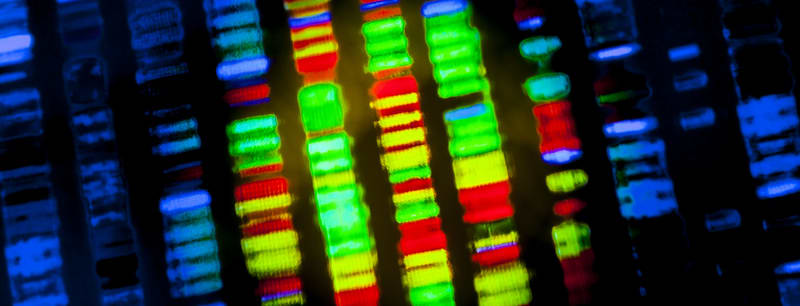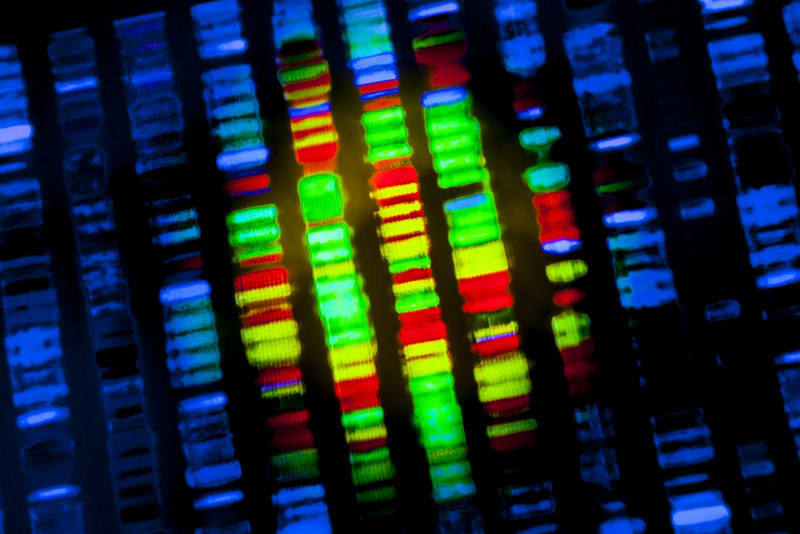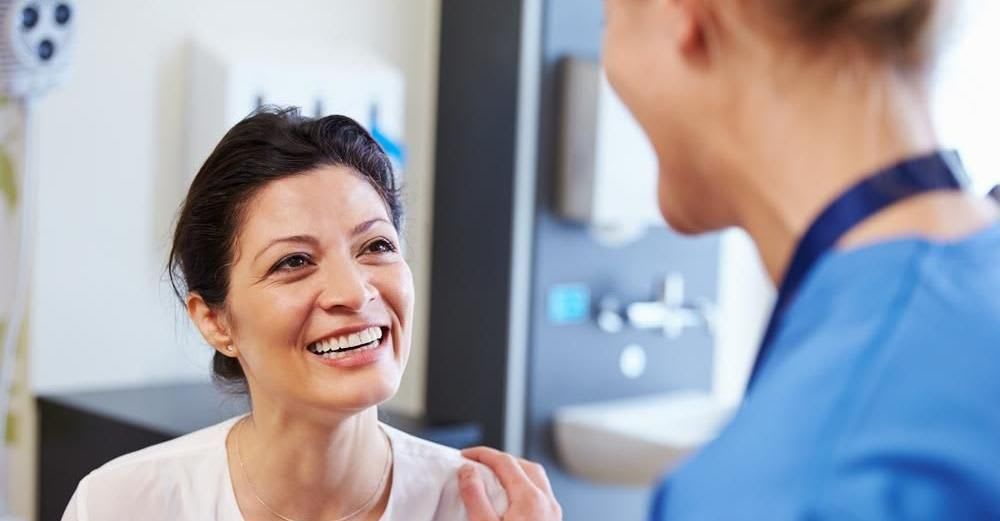What You Need To Know About Personalized Medicine
Modern medicine has caught up to Hippocrates—doctors can treat patients based on their genetics. Learn more about the exciting field of personalized medicine.
- Student Tips

There’s a new buzzword in the medical world: personalized medicine.
Until now, medicine has been what’s known as “population-based.” In other words, diagnosis and treatment of diseases and their symptoms are based on what doctors have learned from the past. In most cases, these treatments are effective.
Personalized medicine takes a different approach. Also known as precision, or stratified medicine, it’s a way to separate patients into different groups to tailor decisions, interventions, products, and treatments to an individual patient based on predictions about outcomes.
What do doctors use to make these predictions? Genetics.
Let’s take a closer look at what you need to know about personalized medicine in the 21st century.

1. It’s not new
Doctors have known for a long time that every patient responds differently to treatments. Over 2,000 years ago, Hippocrates wrote, “It is more important to know what sort of person has a disease, than to know what sort of disease a person has.”
What’s different about today? We now have the tools to practice what Hippocrates thought—we can make personalized medicine a reality.
2. It’s about DNA
Personalized medicine uses your DNA to customize your care and treatment for diseases. Doctors use DNA to identify exact gene mutations—and use your family’s genetic history to aid in prevention of diseases and symptoms.
It also requires that doctors learn how your DNA influences your responses to different medications and treatments to maximize the effects of the most effective treatments.

3. It’s a big leap in modern medicine
While the theory has been around for a while (see #1), for the first time in history, modern medicine has the tools to make medical treatment personal.
In an article from Genome, J. Leonard Lichtenfeld, deputy chief medical officer for the American Cancer Society said, “The number of targeted therapies in the pipeline for all diseases is increasing dramatically. Personalized medicine in the age of genomics means we’re living in dynamic times. The big question right now is ‘How do we take all this new information we’re gathering and use it for the benefit of the patient?’”
Modern medicine is at the crux of discovery in term of genetic.
Scott T. Weiss, scientific director at Partners HealthCare Center for Personalized Genetic Medicine at Harvard Medical School said, “Probably at no time in the history of medical research, going back to the time of William Harvey and the circulation of blood in the 1600s has there been more potential and promise for discovery that will benefit mankind in terms of the health of the species as where we are right now as a result of the Human Genome Project.”
4. It allows for better prevention
Turns out that knowing your genetic history can help doctors make decisions that could save your life.
Women who carry the BRCA1 mutation are at a higher risk of breast cancer than those who don’t. The National Cancer Institute says that those who carry the mutation have a 65 percent risk of breast cancer and a 39 percent risk of ovarian cancer.
Doctors use markers like these to help doctors determine the best type of treatment depending on the genetic mutations and markers you may have. That treatment is not the traditional “one size fits most.”

5. It will challenge and change the work of doctors
With the new technology in personalized medicine, doctors will need additional training in reading, understanding, and synthesizing the results of genetic tests and how to use them in their practice.
Some medical schools are beginning to integrate courses in genetics to prepare doctors—and all will have to learn how to use the latest tools to interpret the data to make judgments about treatment and follow-up care.
The doctor-patient relationship will also change. As patients have more access to their information, they will ask more questions. Doctors will need to be able to field questions and answer them as expertly as they can.
6. It’s paving the way to pharmacogenomics
What’s pharmacogenomics? It’s a field of genetics used to predict an individual’s response to a drug.
Some say it’s the future of pharmaceuticals because a person’s genetic make-up influences how they respond to medications.
One promising area? Cancer. Since cancer has its own DNA and mutations, there are certain drugs that target those specific mutations. For example, for women who have breast cancer with a gene mutation on HER2/neu, a drug called Herceptin can be an effective treatment.
Your takeaway? Personalized medicine is happening and you need to know about it. There’s still a lot to learn—and we’re learning more every day.
Read related articles

What You Should Know If You Want To Practice Medicine Abroad

Five Countries to Choose for Nursing Degrees
